Strategic Analysis Caucasus Brief
Review of September 2024
Tomáš Baranec
Armenia
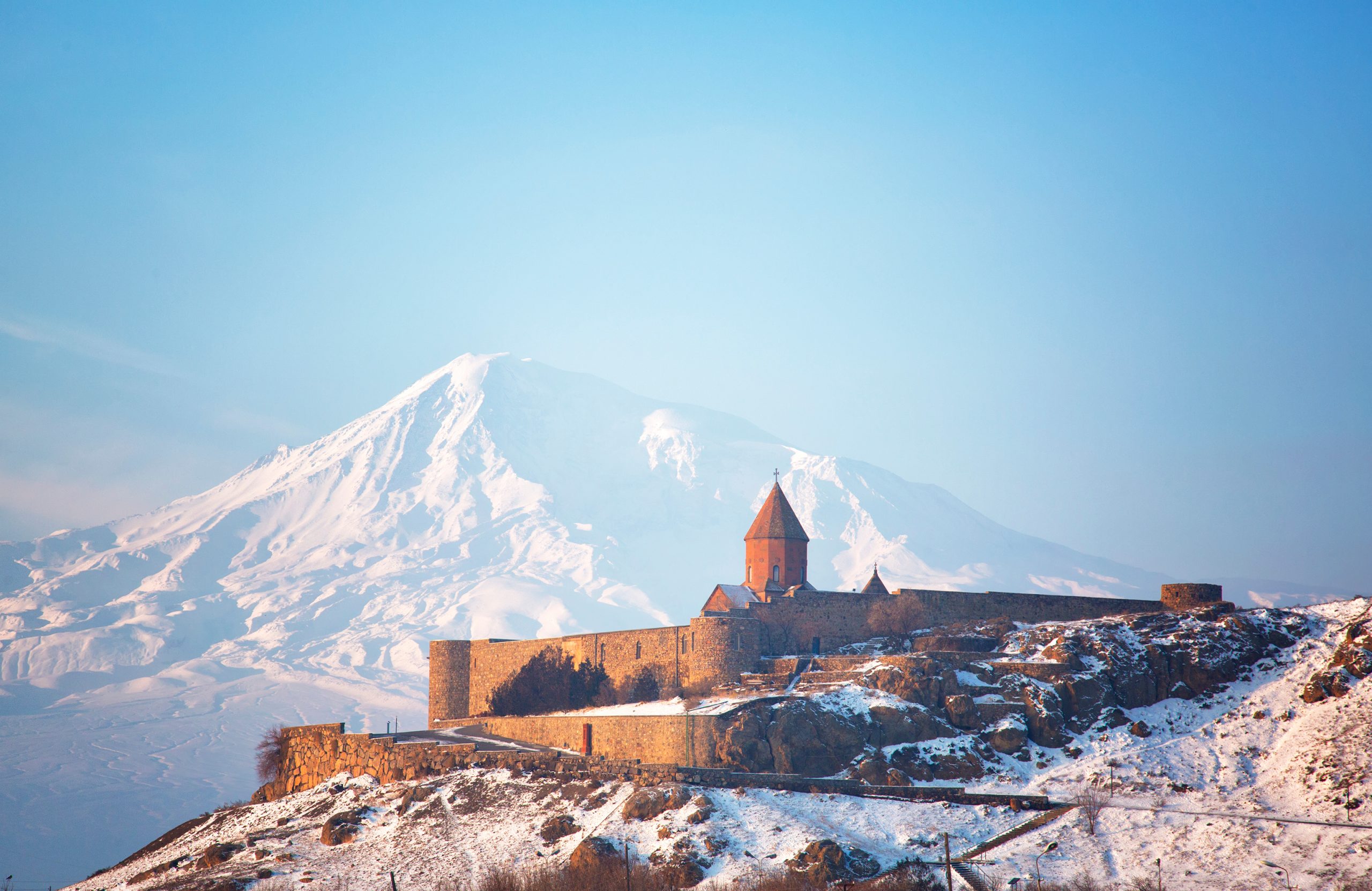
Photo:Shutterstock.com
Armenia breaks up alleged Russian-inspired coup attempt
On September 18, Armenia’s Investigative Committee announced the arrest of three people and the inclusion of four others on a wanted list. They were accused of training Armenians at a military base in Russia to oust Prime Minister Nikol Pashinyan’s Government.
The committee stated that the seven suspects are Armenian citizens and Nagorno-Karabakh Armenians. They have been charged with usurping power and, if found guilty, face up to 15 years imprisonment, reported the OC Media. A statement released by the committee said the coup plot was foiled after “some of the recruited persons refused to participate in the training and returned to Armenia” from a “military base” in Russia called “Arbat.”
According to Azatutyun.am, no information about such a base could be found from open sources. But “Arbat” is known to be the name of a Russian militia made up of ethnic Armenians reportedly fighting in Ukraine. The Investigative Committee did not say whether it is connected with the alleged coup plot.
The Investigative Committee later specified that the group’s organisers trained in a military facility in Russia’s Rostov-on-Don. Following the training, the statement said, the recruits were transferred to a different facility where they underwent background checks and polygraph tests “to find out their personal characteristics and political views, the relationship with the Armenian law enforcement bodies.”
“After preliminary checks, the members of the criminal group deployed the recruits in the “Arbat” military base… after which they held combat training with them in a closed area – inside the building, with weapons already known to them,” the statement alleged. “They [the recruits] were told that the goal of the training is to return to the Republic of Armenia and remove the current authority, making calls to cleanse and save the Republic of Armenia in that way,” the Investigative Committee statement added.
Maria Zakharova, spokesperson for the Russian Ministry of Foreign Affairs, dismissed claims of Russian involvement in an alleged coup attempt in Armenia as absurd and baseless.
Sources:
- BARSEGHYAN Arshalyus, OC Media, „Yerevan accuses the group of training Armenians in Russia to oust Pashinyan”, https://oc-media.org/yerevan-accuses-group-of-training-armenians-in-russia-to-oust-pashinyan/
- BULGHADARIAN Naira, Azatutyun.am, “Armenian Authorities Report Another ‘Coup Plot’”, https://www.azatutyun.am/a/33125359.html
- Asbarez.com, “Armenia’s Investigative Committee Charges 7 People with Russian-Funded Coup Attempt”, https://asbarez.com/armenias-investigative-committee-charges-7-people-with-russian-funded-coup-attempt/
- Caucasus Watch, „Russian MFA Rejects Coup Allegations, Accuses Armenia of Promoting Anti-Russian Sentiment”, https://caucasuswatch.de/en/news/russian-mfa-rejects-coup-allegations-accuses-armenia-of-promoting-anti-russian-sentiment.html
Armenia plans a significant increase in defence spending
The Armenian Government plans to increase its defence expenditures by 20 per cent to almost 665 billion drams (1.7 billion USD) next year, equivalent to 6 per cent of the anticipated GDP. The Armenian Ministry of Defense plans to distribute these funds across five key areas. The majority of the budget will be allocated to the “Defense of the Republic of Armenia” program.
This program covers expenses for maintaining the armed forces, purchasing military equipment, vehicles, and communication systems, as well as acquiring essential supplies, food, uniforms, and fuel. Approximately 3.6 million USD will be allocated for medical care for military personnel. Military training and retraining, including education at foreign military institutions, will receive around 4.4 million USD in funding.
About 2.4 million USD will be directed towards international military cooperation, and the humanitarian demining program will receive approximately 823,000 USD in funding. Commenting on a steady increase in that budget in recent years, Armenian officials have pointed to Azerbaijan’s military buildup, which has continued even after the 2020 war in Nagorno-Karabakh.
Azerbaijani President Ilham Aliyev reaffirmed his pledges to expand and strengthen his country’s armed forces. In mid-September, Aliyev again threatened Armenia with military action. His Government plans to spend over 3.9 billion USD on defence and national security next year.
Despite this spending gap, Baku regularly complains about new weapons purchased by Yerevan. Earlier this month, Aliyev’s top foreign policy adviser called for “restrictions” on the size of the Armenian army and its arsenal.
Sources:
- The Armenian Report, “Armenia Plans Significant Increase in Defense Spending Due to Regional Tensions”, https://www.thearmenianreport.com/post/armenia-plans-significant-increase-in-defense-spending-due-to-regional-tensions
- Azatutyun.am, “Armenian Defense Spending Set For Further Rise”, https://www.azatutyun.am/a/33136331.html
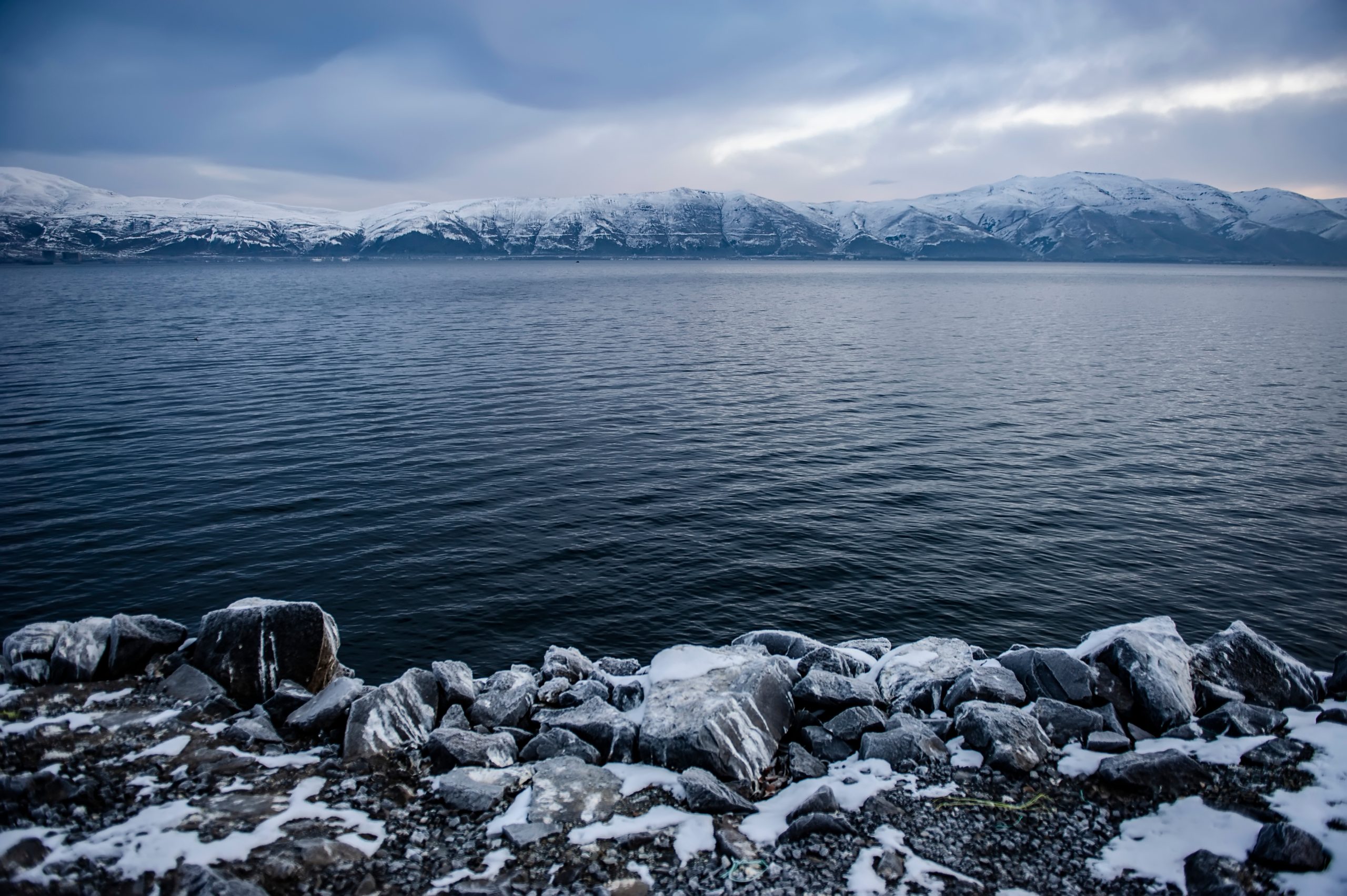
Photo: Shutterstock.com
EU & Armenia launch political level dialogue on Visa liberalisation
Armenia and the European Union have launched visa liberalisation talks, with Prime Minister Nikol Pashinyan stating that discussions about an eventual membership bid were also “underway”, informed the OC Media.
Pashinyan met with EU Commission Vice-President Margaritis Schinas during his visit to Yerevan to discuss EU visa liberalisation for Armenia on September 9. During his visit to Armenia, Schinas said that other aspects of the EU-Partnership Agenda will also be discussed: “The launch of the dialogue on visa liberalisation – at the political level with Deputy Prime Minister Mher Grigoryan – is a strong signal by the EU and its Member States of their determination to deepen the already solid partnership between the EU and Armenia”.
Through this dialogue, both parties aim to reach an agreement to abolish visa requirements for nationals of Armenia for short-term stays in the EU countries once authorities in Armenia have implemented substantial reforms in significant areas such as security of travel documents, migration and asylum management, border, public order and security as well as fundamental rights related to the freedom of movement.
The EU Delegation indicates that this dialogue will be a multi-year process that will be undertaken in cooperation with EU countries.
Sources:
-
BARSEGHYAN Arshaluys, OC Media, “Armenia and EU launch visa liberalisation talks”, https://oc-media.org/armenia-and-eu-launch-visa-liberalisation-talks/
-
DESKU Arta, Shengen News, “EU & Armenia Launch Political Level Dialogue on Visa Liberalisation”, https://schengen.news/eu-armenia-launch-political-level-dialogue-on-visa-liberalisation/
Armenia seeks India’s support to modernise Air Force
Armenia is seeking India’s assistance to upgrade its small fleet of Russia-built Su-30SM fighter aircraft. This development follows the country’s recent orders for rocket systems, artillery guns, and weapon-locating radars from India, according to top officials familiar with the matter, informed the Massis Post.
“We are looking at modernising our Su-30s with the help of Hindustan Aeronautics Limited (HAL), as it has significant expertise in this area,” said Colonel Hovhannes Vardanyan, head of Armenia’s Air Force Department. He made this statement on the sidelines of the multilateral Tarang Shakti 2024 air combat drills, which concluded at the Jodhpur airbase on September 13.
Though the talks are still in the early stages, an unnamed source from India’s defence ministry informed media that Yerevan was looking to upgrade their Su-30s and integrate Indian-made weapons, including guided air-to-surface munitions. The source noted that first addressing missile export protocols and the regional conflict surrounding Nagorno-Karabakh is crucial.
Sources:
- Massis Post, “Armenia in Talks with India to Modernise its Su-30 Fighter Jets”, https://massispost.com/2024/09/armenia-in-talks-with-india-to-modernize-its-su-30-fighter-jets/
- The Defense Post, “Armenia Seeks India’s Support to Modernise Air Force: Report”, https://thedefensepost.com/2024/09/19/armenia-india-support/#:~:text=Armenia%20has%20reportedly%20been%20in,Chief%20of%20Defence%20Staff%20Gen
Azerbaijan president’s party retained dominance in parliament election
Political forces in Azerbaijan loyal to President Ilham Aliyev retained a dominating majority in the next Parliament following the September 1 elections that independent observers characterised as “a contest devoid of competition,” reported Eurasianet.org.
In the vote for the 125-seat Milli Majlis held on September 1, the New Azerbaijan party of President Ilham Aliyev won 68 seats. Forty-five went to independents, and the remainder were won by candidates from small parties that were mostly pro-Aliyev.
In a statement, the Organization for Security and Cooperation in Europe (OSCE) said the electoral process was not free. The “elections took place in a restrictive political and legal environment that does not enable genuine pluralism,” according to the OSCE statement. “The campaign was barely visible and generated limited public engagement. While a high number of candidates stood for election, the contest lacked a competitive nature, and voters were not offered genuine political alternatives.”
Citing a government crackdown on dissent in recent months, marked by the arrests of “political actors, human rights defenders, civil society activists, academics and journalists,” the OSCE noted Azerbaijan’s general “political environment does not allow in practice the free expression of the opinions of the electors.”
The election was the first nationwide vote for Parliament since Azerbaijan regained complete control of its territory in a lightning offensive that drove ethnic Armenian population out of the Nagorno Karabakh region in 2023, wrote AP.
Sources:
- Eurasianet.org, “Azerbaijan: Pro-Aliyev forces cruise to victory in uncompetitive parliamentary voting”, https://eurasianet.org/azerbaijan-pro-aliyev-forces-cruise-to-victory-in-uncompetitive-parliamentary-voting
- AP, “Azerbaijan president’s party retains dominance in parliament election”, https://apnews.com/article/azerbaijan-parliamentary-election-ilham-aliyev-osce-057b42881705b58247188f8ef4025ad7
Azerbaijan sentences French national to three years in prison for spray painting train
Three foreigners have been sentenced in Azerbaijan for defacing the Baku metro with graffiti, including a Frenchman. This move is ratcheting up already tense relations with Paris, wrote BNE IntelliNews. Three foreign nationals – French citizen Theo Hugo Clerk, Australian citizen Paul Han, and New Zealand citizen Ismael de Saint-Quentin – were found guilty by the Narimanov District Court under Articles 221.2.1 (hooliganism by a group of persons) and 186.2.2 (intentional destruction or damage to property causing significant consequences) of the Criminal Code on September 10, according to their lawyer Elchin Sadigov.
Graffiti artist Clerk (b. 1986) was sentenced to three years in prison, while de Saint Quentin (b. 1994) and Han (b. 1992) were both fined 6,800 AZN (3,620 EUR). The Yasamal District Court had earlier fined Clerk 4,600 AZN (2435 EUR) for the graffiti, but the Baku Court of Appeal later raised the damages to 11,600 AZN (6115 EUR).
Clerk had been held in pre-trial detention since April, while the other two had been placed under house arrest with travel restrictions. All denied their guilt and said they would appeal the decisions. They have already compensated for the repair costs and the train being out of service.
Even before the sentencing, last week, the French Ministry of Foreign Affairs issued a notice advising French citizens to avoid travelling to authoritarian Azerbaijan, citing risks of arrest, arbitrary detention, and unfair judicial proceedings.
The French Embassy in Azerbaijan on September 12 condemned the Clerk’s imprisonment. The embassy’s statement stressed that two co-defendants in the case, who are citizens of other nations, were fined but not jailed on the same charges.
Sources:
- BNE IntelliNews, “French graffiti artist jailed for three years for defacing Baku metro”, https://www.intellinews.com/french-graffiti-artist-jailed-for-three-years-for-defacing-baku-metro-342787/
-
RFE/RL, “Paris Condemns Imprisonment Of French Citizen In Azerbaijan”, https://www.rferl.org/a/baku-french-embassy-imprisonment-theo-clerk-condemnation/33117759.html
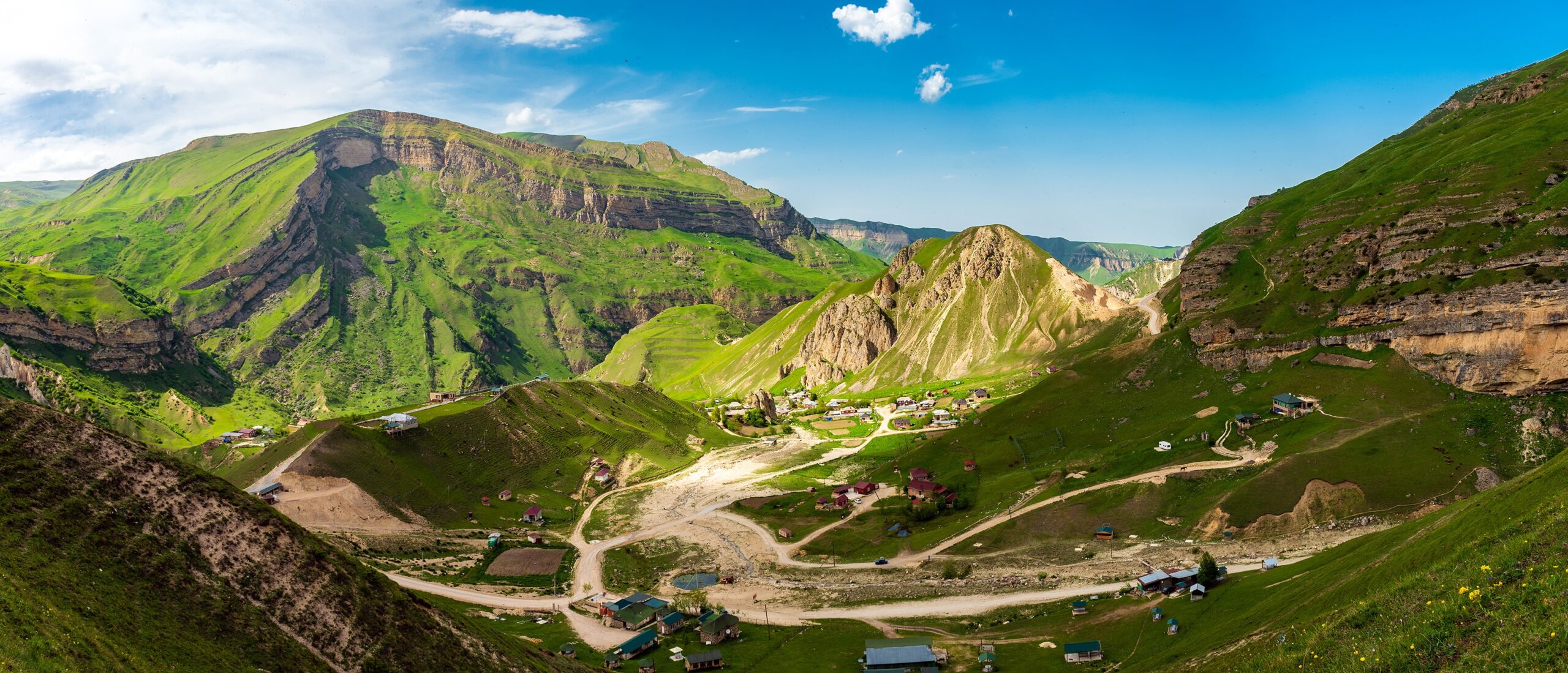
Photo: Shutterstock.com
Azerbaijan refuses to sign peace treaty based on already agreed points
Azerbaijan has refused to sign an interim peace treaty with Armenia based on articles both parties had already agreed on. Baku requests agreement on additional “several key points”.
On September 11, Azerbaijan’s Foreign Ministry Spokesperson Aykhan Hajizade stated that signing a framework peace treaty with Armenia that only included mutually agreed-upon provisions was “unacceptable” and only served to „postpone the solution of existing problems in bilateral relations to the next stage.”
According to OC Media, Hajizade echoed previous Azerbaijani demands that Armenia end its „continuing“ territorial claims against Azerbaijan in its legislation and constitution. His remarks were in response to a speech on the ongoing peace talks delivered by Armenian Prime Minister Nikol Pashinyan earlier that day at the Yerevan Dialogue conference. Pashinyan reiterated Armenia’s offer to sign the already agreed-upon articles of the peace treaty with Azerbaijan, to have a ”fundamental document”, and then move on to discussing other issues.
Despite turning down Pashinyan’s offer, Azerbaijan made a similar proposal in July, calling Armenia to sign a document on the basic principles of a future peace treaty as an interim peace measure. This proposal received a cold reception in Yerevan at the time.
On September 26, Pashinyan again urged Baku to sign a partial peace agreement. Addressing the UN General Assembly in New York, Pashinyan also sent mixed signals about a possible change of Armenia’s constitution demanded by Azerbaijan. “The president of Azerbaijan and I have stated many times that at least 80 per cent of the mentioned agreement has been agreed upon,” he said. “Now, to seize this historic opportunity and avoid the risk of reaching a deadlock, Armenia proposes to take what has already been agreed in the draft Agreement, sign it … and then go on with negotiations on pending issues. We are ready to do this right now.”
Sources:
- BARSEGHYAN Arshaluys, OC Media, “Azerbaijan refuses to sign peace treaty based on already agreed points”, https://oc-media.org/azerbaijan-refuses-to-sign-peace-treaty-based-on-already-agreed-points/
- Azatutyun.am, “Pashinyan Insists On Peace Deal Rejected By Azerbaijan”, https://www.azatutyun.am/a/33137668.html
Azerbaijan calls for “restrictions” on Armenian army and withdrawal of EU Mission
Azerbaijan has demanded the withdrawal of the EU Monitoring Mission in Armenia and for “restrictions” to be placed on the Armenian armed forces. Azerbaijani presidential aide Hikmet Hajiyev told Politico that a new agreement on their joint border commission “should be seen as sufficient for the withdrawal of the EU contingent”, adding that progress had been made in talks with Armenia.
Hajiyev drew parallels with the Iraq-Kuwait war when there were certain restrictions related to the development of the Iraqi armed forces. “We believe that such proportional restrictions should also be applied to the armed forces of Armenia,” said Hajiyev. He complained about the “militarisation” of Yerevan, noting that a number of Western countries, in particular France, “provide serious support to Armenia in this matter”. “This contributes to the creation of tension in the South Caucasus,” noted Hajiyev.
Later, Azerbaijani Foreign Minister Jeyhun Bayramov also criticised Armenia, stating that its military budget had “increased by almost 50%”, which he said was an “impediment to peace and stability in the region”.
Hajiyev’s statements came in response to statements made by Armenian Prime Minister Nikol Pashinyan, who denounced Azerbaijani’s criticism of Armenia’s acquisition of foreign weaponry. Pashinyan pointed out that Azerbaijan was also purchasing weapons from other countries, including EU member states.
“There is the following trend in Azerbaijan, they say that extra-regional countries are arming Armenia, referring to France. But it is obvious, and public, that Azerbaijan, for example, is buying weapons from Italy. It’s a country next to France; why can Azerbaijan acquire weapons from Italy, and Armenia can’t acquire weapons from France?” asked Pashinyan. “They say the EU and the West are arming Armenia. But Azerbaijan is acquiring weapons from Slovakia, Serbia, and Bulgaria. At least three EU member countries have military-technical cooperation with Azerbaijan”, he added.
Sources:
- BARSEGHYAN Arshaluys, OC Media, „Azerbaijan calls for ‘restrictions’ on Armenian army and withdrawal of EU Mission”, https://oc-media.org/azerbaijan-calls-for-restrictions-on-armenian-army-and-withdrawal-of-eu-mission/
- PanArmenian.am, “Azeri presidential aide suggests restrictions against Armenian army”, https://panarmenian.net/m/eng/news/315851
Georgian Parliament adopts anti-LGBT laws
On September 17, the Georgian Parliament adopted the anti-LGBT legislative package in its third hearing with 84 votes in favour and 0 votes against. The majority of opposition MPs did not attend the plenary session as they were boycotting parliamentary work following the adoption of the foreign agent’s law.
The package consists of a core bill, “On Protection of Family Values and Minors”, and 18 related amendments to various Georgia laws. Among other things, the given legislation prohibits alternative unions other than those between a man and a woman, restricts gender-affirming procedures, prevents queer individuals from adopting children and prohibits public gatherings and demonstrations aimed at promoting gender identities different from one’s biological sex, same-sex relationships, or incest.
Prior to the law’s adoption, 32 civil society organisations issued a statement condemning the legislative package. The CSOs stated that the GD is pushing for the adoption of this package with the aim of “manipulating the public before the elections, covering up real problems, inciting irrational fear and creating another obstacle on the road to the country’s European integration.”
On June 26, the Venice Commission published its opinion on the core law and amendments. The Commission called on the Georgian Government to “reconsider this legislative proposal entirely and to not proceed with its adoption” or, if it proceeds with its adoption, to remove/modify some of the articles in a way that ensures non-discrimination of LGBTI people and compliance with the European Convention on Human Rights.
Maka Botchorishvili, the Chair of the Georgian Parliament’s European Union Integration Committee, claimed there were “no discriminatory articles” in the domestic law “on family values and protection of minors”. She added that the law would “not contradict the Georgian Constitution or anti-discrimination legislation” after Josep Borrell, the High Representative of the European Union for Foreign Affairs and Security Policy, denounced the adoption of the law and called on the Georgian authorities to withdraw the legislation, which he said was “further derailing” the country from its European integration path.
“It is a sad reality that we often hear statements without a thorough study of the topic and a good comprehension of the content. We are not talking about any discrimination – we are talking about protecting the values which are in the interest of the largest part of our population [and] the public”, the Committee Chair noted.
Giorgi Gakharia’s For Georgia party has said it would have voted for “parts” of Georgian Dream’s queer propaganda law if the legislative package had been split up instead of being voted for as a whole.
Sources:
- Civil.ge, „Parliament Adopts Anti-LGBT Legislation in Third Hearing”, https://civil.ge/archives/624795
- Agenda.ge, “No discriminatory articles in law on family values and protection of minors, Georgian Parliament official says”, https://agenda.ge/en/news/2024/40658#gsc.tab=0
- OC Media, “Georgian parliament adopts homophobic laws”, https://oc-media.org/georgian-parliament-adopts-homophobic-laws/
- OC Media, “Gakharia’s For Georgia expresses support for ‘parts’ of Georgian queer propaganda law”, https://oc-media.org/gakharias-for-georgia-expresses-support-for-parts-of-georgian-queer-propaganda-law/
- JAM News, “Georgian Parliament passes homophobic law banning LGBT propaganda”, https://jam-news.net/georgia-passes-anti-lgbt-law/
The murder of a famous Georgian transwoman sparked outcry
Kesaria Abramidze, a well-known Georgian transgender woman, 37, was found brutally murdered in her apartment on the night of September 18. The Ministry of Internal Affairs arrested her boyfriend, Beka Jaiani, the next morning as the suspected killer.
Reports indicate that about two hours before the murder, Kesaria Abramidze posted a photo of herself and her boyfriend on her Facebook story. This has led to speculations that the image may have triggered the crime, as her boyfriend allegedly did not want it to be made public.
Neighbours and friends of the victim describe a toxic relationship between Kesaria Abramidze and Beka Jaiani, with reports of constant physical and psychological abuse. At one point, she had to leave the country due to persistent manipulation and violence, which she discussed in a post from April this year. It appears that relevant law enforcement authorities did not adequately address her concerns. Police reportedly detained Jaiani near Kutaisi Airport, located in western Georgia.
As the OC Media wrote, Abramidze unapologetically embraced her identity and openly criticised transphobic public figures, including politicians.
Sources:
- Civil.ge, “Murder of Famous Georgian Transwoman Sparks Outcry Amid Anti-LGBT Legislation Adoption”, https://civil.ge/archives/625200
- KINCHA Shota, OC Media, “Heartbreak in Georgia after the murder of prominent trans woman”, https://oc-media.org/georgian-queer-community-in-mourning-after-murder-of-prominent-trans-woman/
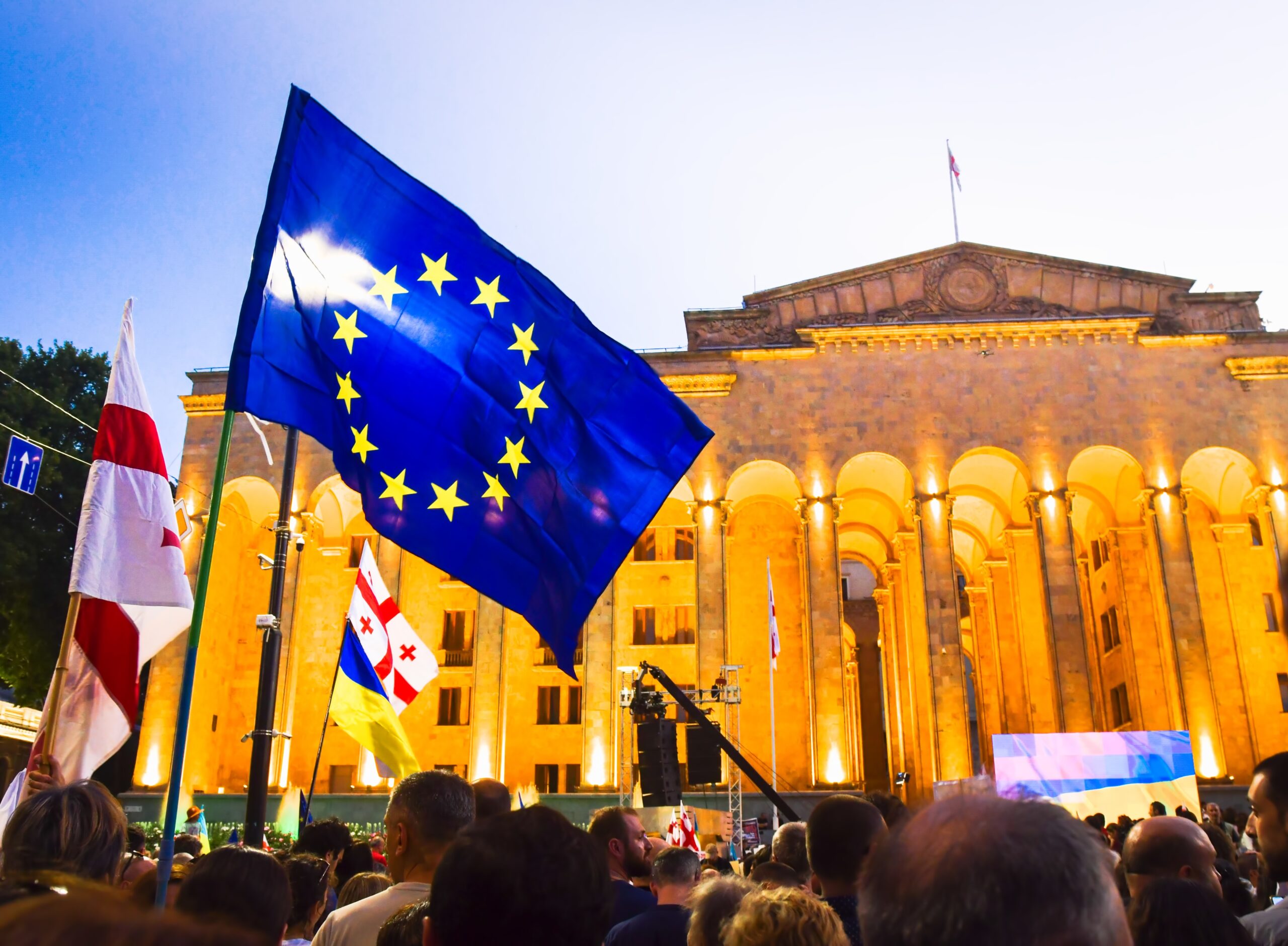
Photo: Shutterstock.com
Georgian Government to fund non-governmental organisations that register as foreign agents
Georgian Prime Minister Irakli Kobakhidze has announced that a grant programme financed from the state budget will be created for non-governmental organisations that have voluntarily registered as “organisations carrying out the interests of a foreign power”.
“We have decided to establish a grant program for Georgian non-governmental organisations, which will be fully funded by the Georgian taxpayers through the state budget,” said Kobakhidze. “Over 450 non-governmental organisations, many of which receive foreign funding, have applied to the Ministry of Justice. I want to thank these organisations for their civic responsibility. This proves that receiving foreign funding does not necessarily indicate negative foreign influence,” he remarked.
According to the Prime Minister, the grant projects will be financed to fulfil the tasks determined by following the “interests of the Georgian people”. As the OC Media noted, opposition members were quick to criticise the government initiative, stating that the ruling Georgian Dream party was attempting to take control of non-governmental organisations in the country. Nika Gvaramia, one of the leaders of the opposition Coalition for Change, called the Government’s initiative a “complete absurdity” and “bribery of non-governmental organisations”.
Sources:
-
OC Media, “Georgian Government to fund non-governmental organisations that register as foreign agents”, https://oc-media.org/georgian-government-to-fund-non-governmental-organisations-that-register-as-foreign-agents/
-
1tv.ge, “PM: Gov’t to establish a state-funded grant program for Georgian NGOs”, https://1tv.ge/lang/en/news/pm-govt-to-establish-state-funded-grant-program-for-georgian-ngos
Shukruti protest continues – three sew lips shut
On September 1, three protesters from the village of Shukruti sewed their lips shut to attract attention to their protest against the damage manganese mining is causing to their homes. The protest later moved to Tbilisi but fell on deaf ears.
The protesters decided to sew their lips shut on August 26 after a group of Shukruti residents could not complete a protest march to Chorvila, the birthplace of Georgian Dream founder Bidzina Ivanishvili, two days prior.
On September 11, several dozen demonstrators from Shukruti arrived in Tbilisi, yet police did not allow them to set up their tent in front of the parliament building. Among the participants of the protest, seven people were on their twelfth day of the hunger strike. Five of them had also sewed their lips together as part of their protest.
The participants of the rally are urgently demanding compensation for the damage caused to the village of Shukruti as a result of the activities of the mining company Georgian Manganese and the immediate involvement of the Central Government in this process.
The people of Shukruti say that, as a result of the works carried out by Georgian Manganese, their houses were destroyed, the soil, yards and plots were damaged, and life in the village became unbearable. The protest has been going on for six months in Shukruti.
Sources:
- NIKURADZE Mariam, OC Media, “Three in Shukruti sew lips shut in protest against manganese mining”, https://oc-media.org/features/three-in-shukruti-sew-lips-shut-in-protest-against-manganese-mining/
- OC Media, “Shukruti residents arrive in Tbilisi to continue protest against manganese mining”, https://oc-media.org/shukruti-residents-arrive-in-tbilisi-to-continue-protest-against-manganese-mining/
- Georgia Today, “Why doesn’t the gov’t hear the voices of Shukruti? 12th day of protest in Tbilisi”, https://georgiatoday.ge/why-doesnt-the-govt-hear-the-voice-of-shukruti-locals-12th-day-of-protest/
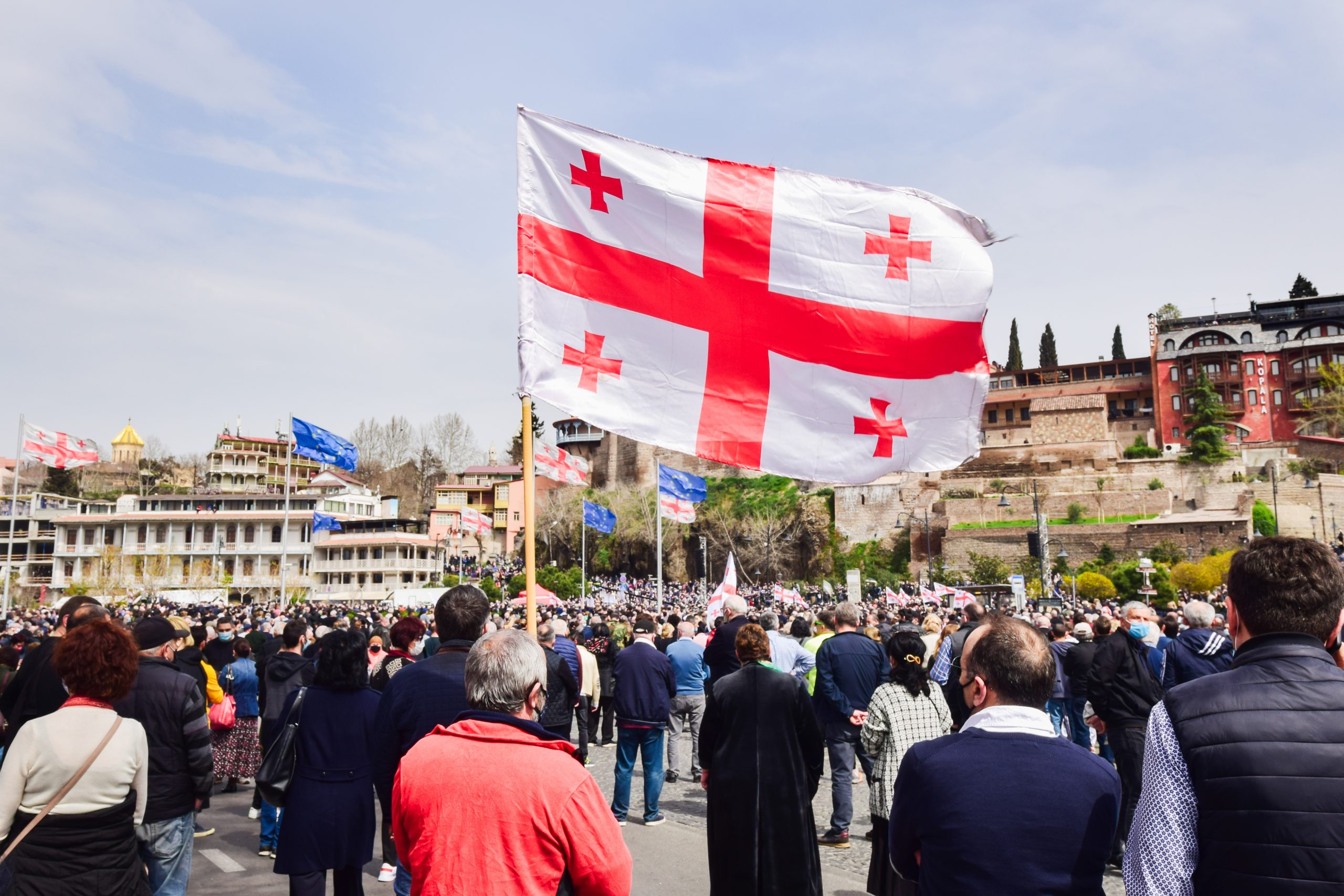
Two major opposition groups fail to unite ahead of Georgian elections
On September 19, presidentially mediated talks to unite two opposition forces—the Lelo-led Strong Georgia alliance and ex-Prime Minister Giorgi Gakharia’s For Georgia party—for the October elections failed. “An agreement could not be reached at this time,” the ex-PM’s party said in a Facebook post on September 19, three days after President Salome Zurabishvili called for a union between two major opposition forces. “Unfortunately, the other party seems to have failed to reach an internal consensus.”
Members of the Strong Georgia coalition, which unites four different political forces, denied that they were at fault. Mamuka Khazaradze, leader of the Lelo for Georgia party, the largest force in the coalition, said Strong Georgia was ready to sign the agreement and was waiting for the President’s invitation to finalise it. Suggesting that he learned of the deal’s failure from For Georgia‘s statement, Khazaradze lamented that “a momentum is being lost.”
President Salome Zurabishvili called for an election alliance between the two on September 16, expecting the leaders of both parties for lunch on the next day to finalise the deal. But the talks took longer than expected as the sides took time to make up their mind and consult with their party colleagues, especially in the case of Strong Georgia, uniting Lelo for Georgia, Citizens led by Aleko Elisashvili, For People led by Anna Dolidze, and Freedom Square, a new platform of professionals and academics from civil society.
On September 20, Khazaradze revealed nine points of agreement reached with For Georgia party leader Giorgi Gakharia during discussions to form a potential alliance. These included, among others:
No coalition with the ruling party, Gakharia and Khazaradze would not appear on the electoral list.
Political teams of Khazaradze and Gakharia would equally share mandates, while other mandates would be allocated to other coalition members.
Sources:
-
Civil.ge, “Lelo-Led Strong Georgia, Gakharia’s For Georgia Fail to Agree on Election Alliance”, https://civil.ge/archives/624874
-
1TV.ge, “Strong Georgia leader outlines nine points agreed with For Georgia’s Gakharia”, https://1tv.ge/lang/en/news/strong-georgia-leader-outlines-nine-points-agreed-with-for-georgias-gakharia/
US sanctions four Georgian security officials and far-right extremists for “serious human rights abuses”
On September 16, the US Department of the Treasury sanctioned two Georgian officials – Head of MIA’s Special Task Department Zviad Kharazishvili (Khareba) and his deputy Mileri Lagazauri, as well as two others – Konstantine Morgoshia and Zurab Makharadze, both radical right-wing figures associated with the violent Alt-info movement, for “serious human rights abuses” for their role in brutal crackdowns on anti-foreign agent protesters” and for “violent attacks on Georgians exercising their freedom of peaceful assembly,” reported Civil.ge.
Additionally, the US State Department also imposed visa restrictions on more than 60 Georgian individuals and their family members “responsible for, or complicit in, undermining democracy in Georgia”. Secretary of State Anthony Blinken’s press release stated: “The United States is today imposing a broad array of accountability measures on a number of Georgian government officials and others who have undermined Georgia’s democracy and the human rights of the Georgian people.”
Georgian Prime Minister Irakli Kobakhidze has said in his reaction that he believed US President Joe Biden’s administration was “influenced” by “certain forces” to impose sanctions on Georgian nationals, suggesting that American institutions needed “de-oligharchisation”. “I think that this decision was made by certain forces that have an informal influence on his administration — this decision wouldn’t be made by Biden; I think so, and the Georgian society is also sure of it”, he said.
On September 30, Ian Kelly, former US Ambassador to Georgia, and David J. Kramer, former US Assistant Secretary of State for Democracy, Human Rights, and Labor, called on the US to sanction the Georgian ruling party Georgian Dream’s founder and current Honorary Chairman, billionaire Bidzina Ivanishvili and his party, to save Georgia’s democracy from authoritarianism. They did so in an op-ed published in The Hill newspaper.
Sources:
-
Civil.ge, “BREAKING: US Imposes New Sanctions for Undermining Democracy”, https://civil.ge/archives/624555
-
OC Media, “Kobakhidze says Washington was ‘influenced’ to sanction Georgian nationals”, https://oc-media.org/kobakhidze-says-washington-was-influenced-to-sanction-georgian-nationals/
-
Civil.ge, “Kelly, Kramer Call on US to Sanction Ivanishvili”, https://civil.ge/archives/626514
PM Kobakhidze disinvited from Biden’s UN reception
The US President Joe Biden has disinvited Georgian Prime Minister Irakli Kobakhidze from the September 25 reception for world leaders and senior UN officials, the Georgian government administration confirmed to Civil.ge. The Georgian delegation, headed by PM Kobakhidze and with the participation of Foreign Minister Ilia Darchiashvili, was attending the 79th session of the UN General Assembly.
The news that PM Kobakhidze’s invitation to the traditional reception linked to the fall session of the UN General Assembly had been cancelled was first reported by the Georgian service of Voice of America (VoA), citing unnamed White House and congressional sources.
According to VoA, the Biden administration’s decision was taken after the latest communication with the Georgian counterparts failed to inspire hope that it could change course. The US Ambassador to Georgia stated recently that the Georgian Government’s statements and actions “further isolate Georgia from the West.” The statement came after PM Kobakhidze summoned the US Ambassador to tell her that by imposition of fresh sanctions against Georgian police officials, the US was reaching a “critical limit.”
Kobakhidze told Georgian journalists in New York that the invitation was sent three days ago and then cancelled. “I cannot make a special comment on this. It’s not serious, they sent an invitation three days ago, and then it was cancelled. It was a kind of humanitarian act in favour of the opposition, although it would not have any practical effect on the opposition either. It will be difficult for me to comment more on this topic”, said Irakli Kobakhidze.
Sources:
- Civil.ge, “PM Kobakhidze Disinvited from Biden’s UN Reception”, https://civil.ge/archives/625863
- Interpress News, “Irakli Kobakhidze on the cancellation of the invitation to the reception of Biden: it is not serious, the invitation was sent 3 days ago, and then it was cancelled – it was a kind of humanitarian act in favour of the opposition”, https://www.interpressnews.ge/en/article/133553-irakli-kobakhidze-on-the-cancellation-of-the-invitation-to-the-reception-of-biden-it-is-not-serious-the-invitation-was-sent-3-days-ago-and-then-it-was-canceled-it-was-a-kind-of-humanitarian-act-in-favor-of-the-opposition/
Ex-President Margvelashvili joins opposition coalition ahead of elections
Former Georgian President Giorgi Margvelashvili has joined the opposition Strong Georgia coalition ahead of the country’s Parliamentary elections on October 26. Mamuka Khazaradze, the leader of the opposition Lelo party from the coalition, announced the news during a campaign event in the central Georgia city of Gori, describing the former official as a “patriot, a man of integrity, and, above all, a relentless advocate for a free and strong Georgia”.
Addressing the voters, Margvelashvili said that he believes in victory and “victory is the final thing by which we will break this treachery.” “I do not consider myself a law-maker. If you ask me, I am more capable of vetoing laws, I can pass them. Therefore, I will be involved in this fight with you and in the future, we will stand together to return Georgia and build Georgia, but not as a deputy. I love you very much, and I am very proud of you. I feel this emotion of victory. Not of success, but of victory. Because victory is the final one, with which we will break this treachery,” he said.
Sources:
- Agenda.ge, “Ex-President Margvelashvili joins opposition coalition ahead of elections”, https://agenda.ge/en/news/2024/40782#gsc.tab=0
- Interpress News, “Giorgi Margvelashvili: I will be involved in the fight, we will stand together to return and build Georgia, but not as a deputy – I feel the emotion of victory”, https://www.interpressnews.ge/en/article/133549-giorgi-margvelashvili-i-will-be-involved-in-the-fight-we-will-stand-together-to-return-and-build-georgia-but-not-as-a-deputy-i-feel-the-emotion-of-victory/

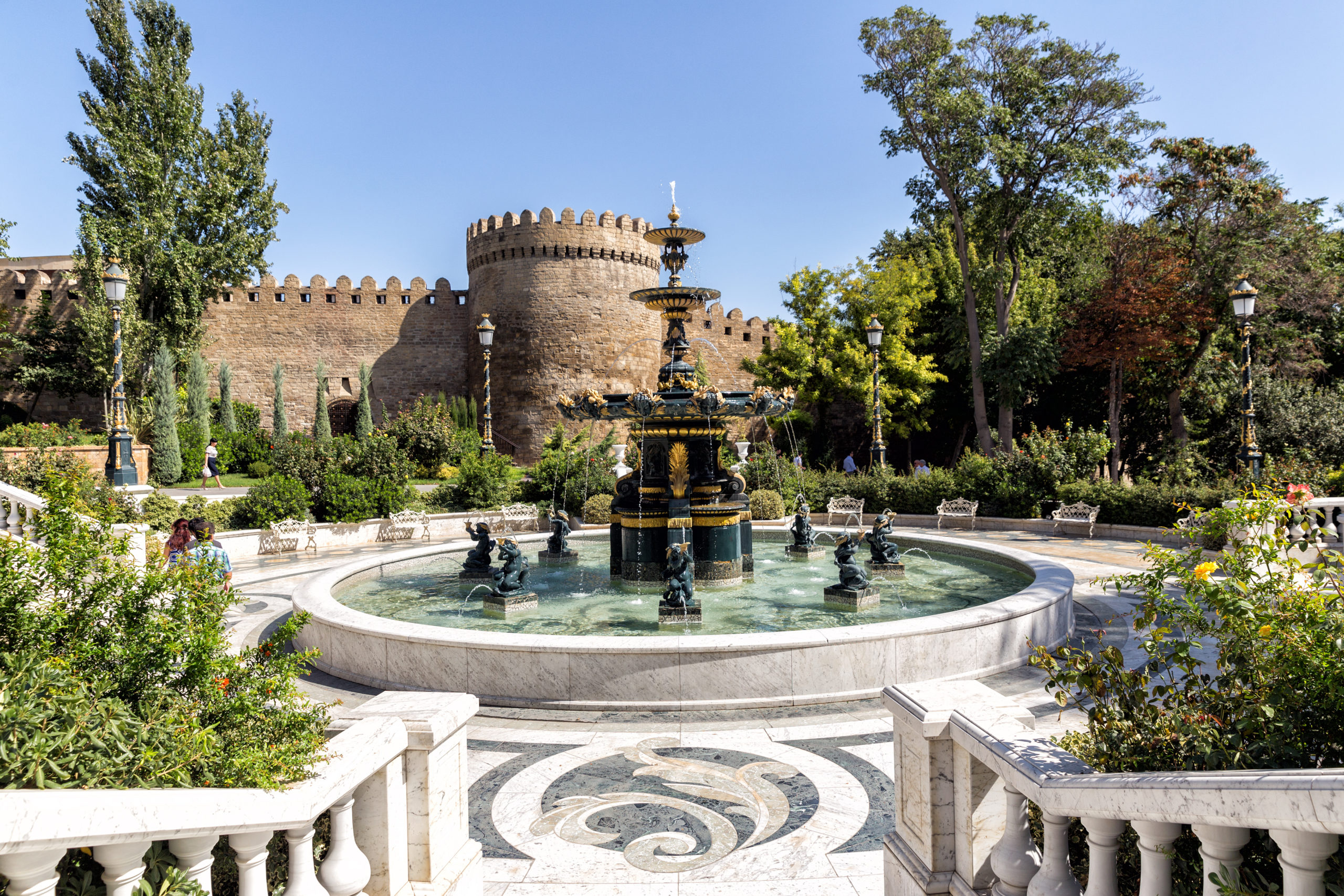
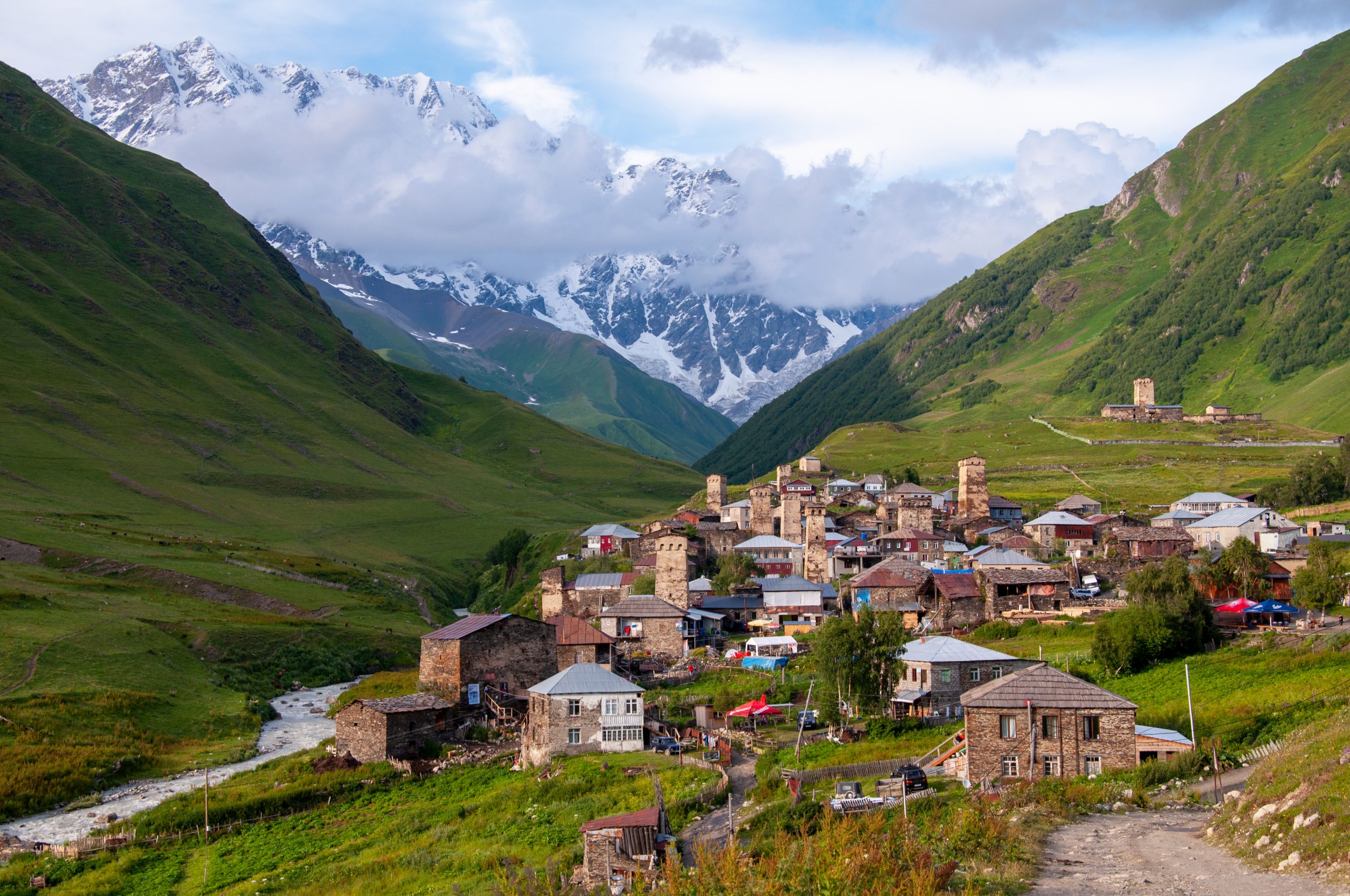
Contact us